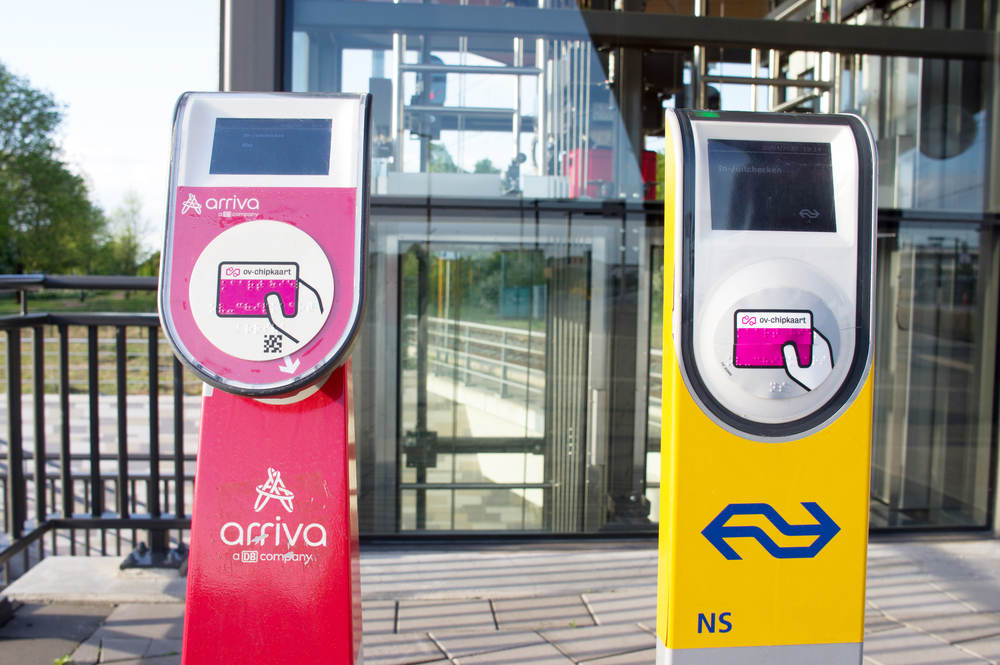Public transport is getting worse, the car is always quicker

Public transport services are deteriorating nationwide but people living on the edge of cities and in rural areas are being hit harder than the rest, the government environmental assessment agency PBL said on Thursday.
The PBL’s research shows that cars are always quicker to get from A to B, even in rush hour.
“You can travel very quickly between big urban centres by train, but other services are being scaled down,” researcher Jeroen Bastiaanssen told NOS news. “The trend had been underway for years but the coronavirus pandemic compounded it. Public transport was reduced in many places and never fully brought back.”
The research shows that 30% of pensioners without a car cannot reach a hospital within 30 minutes, and 12% take longer than 45 minutes. Some 10% of youngsters have to cycle for at least 30 minutes to get to school, but the situation is worse for those who use public transport.
Policymakers don’t seem to realise that 25% of Dutch households do not have a car, Bastiaanssen said. “If you don’t have access to a car, then your travelling time is considerably longer, even in rush hour,” he said. “People with low incomes are particularly hard hit, as well as youngsters who cannot drive.”
One trend the PBL highlights is the policy of moving bus stops from village centres to the edge. “You are assuming that everyone can jump on a bike and cycle to the bus stop, but of course, this is not an option for everyone,” Bastiaanssen said.
Government officials, the PBL says, should take public transport more into account when building hospitals, schools and new residential areas to make sure they are properly accessible to people without cars and who cannot cycle.
Thank you for donating to DutchNews.nl.
We could not provide the Dutch News service, and keep it free of charge, without the generous support of our readers. Your donations allow us to report on issues you tell us matter, and provide you with a summary of the most important Dutch news each day.
Make a donation